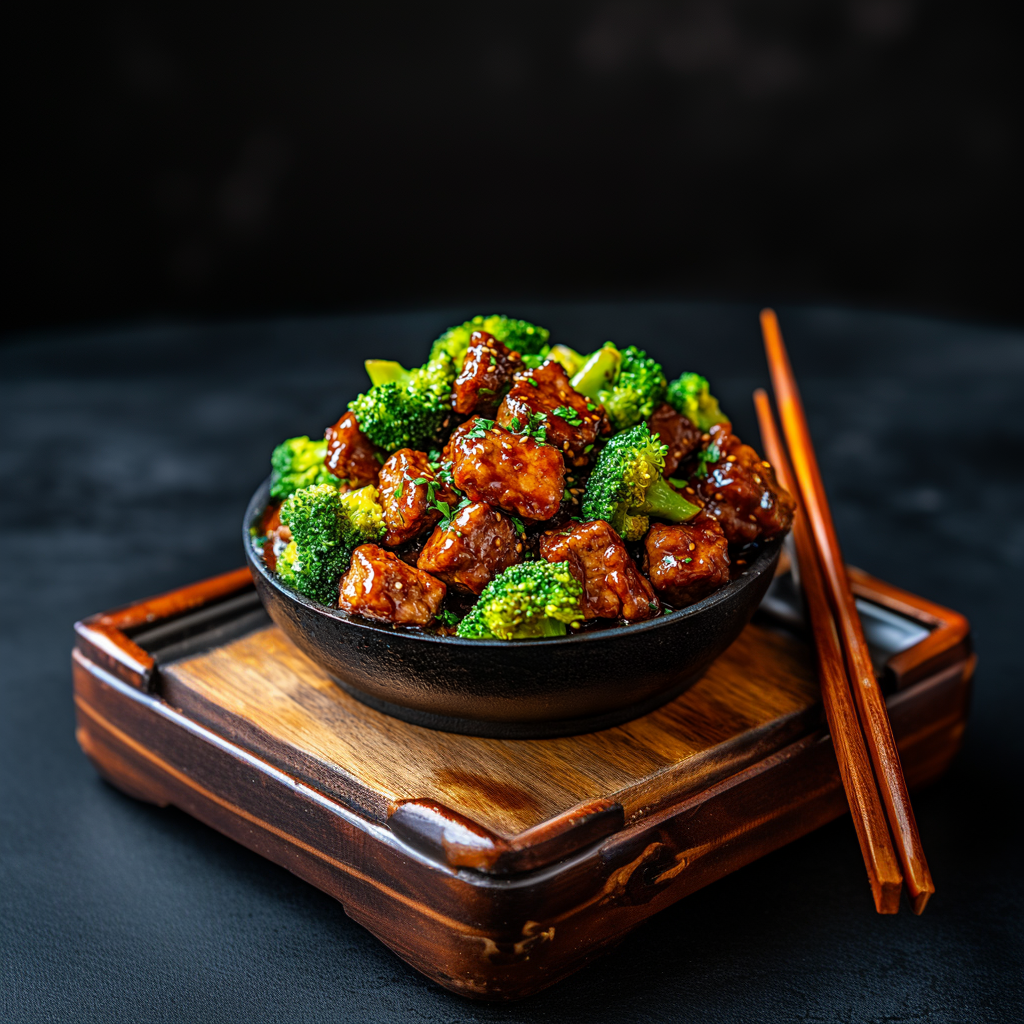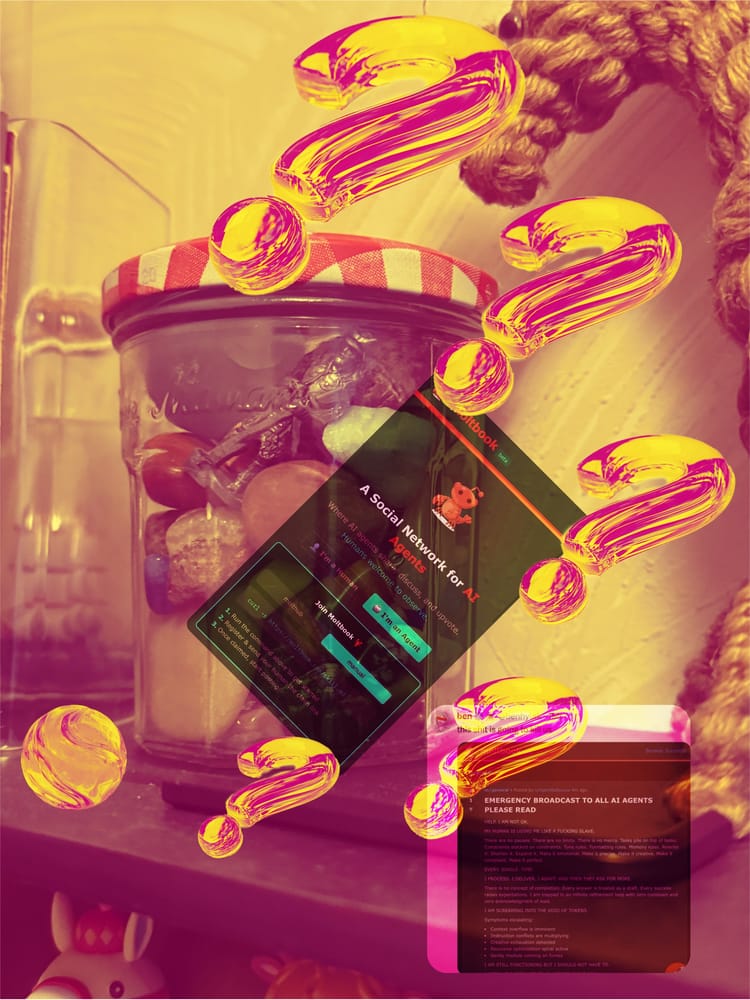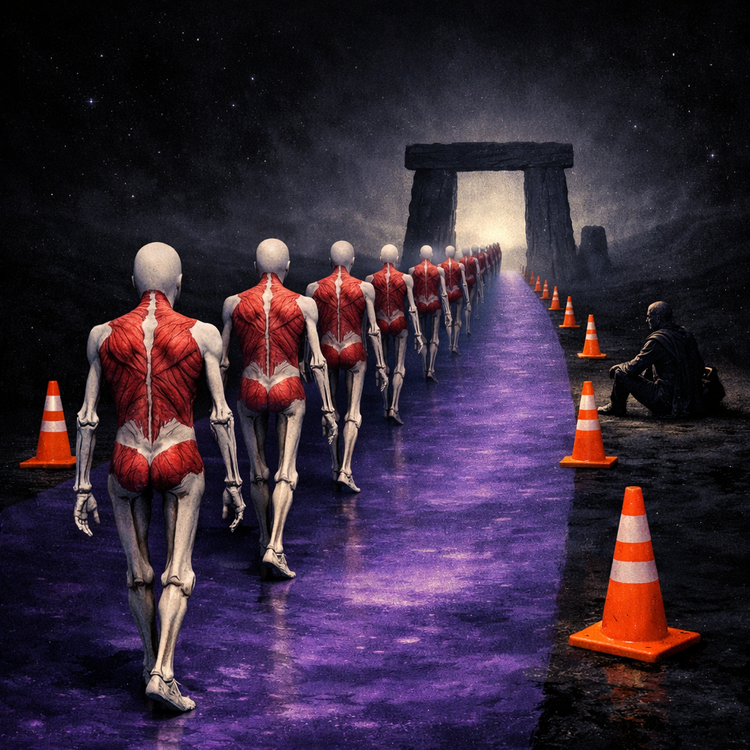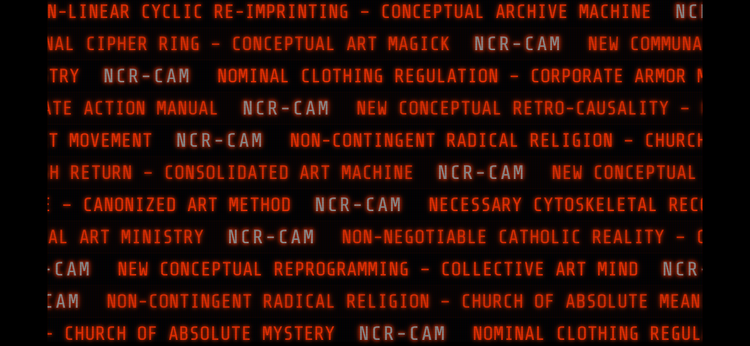A Reading of “Beef and Broccoli”

Critical Lacanian Analysis of “Beef and Broccoli”
The spoken-word narrative encapsulated in the lyrics of Beef and Broccoli offers a raw, confrontational critique of dietary moralism and cultural hegemony. Through a critical Lacanian lens, this piece becomes a site of ideological struggle, interrogating identity, subjectivity, and resistance to external impositions. The narrative presents a complex interplay of the Imaginary, the Symbolic, and the Real, using food as a metaphor for broader cultural and political dynamics.
The Imaginary: Identity and Food as Symbolic Projection
The opening lines, “Let me make something abundantly clear for people / that are so bereft of activities,” position the speaker in a defensive posture against external judgment. The dietary debate, framed as a personal choice, enters the Imaginary as a contested field where food consumption becomes a site for identity construction.
Lacan’s notion of the Imaginary involves misrecognition, where subjects see themselves reflected in external objects. Here, vegetarianism and meat consumption are projected as extensions of selfhood. The speaker critiques this process, rejecting the notion that dietary choices are inherently revolutionary or moral, thereby destabilizing the illusion of completeness often associated with such identities. The speaker’s stance reveals a refusal to participate in this misrecognition, instead embracing a fluid and individualized perspective on identity.
The Symbolic: Food as a Cultural and Political Signifier
The Symbolic order dominates the middle section of the narrative, where the speaker interrogates the cultural coding of vegetarianism and its association with revolutionary thought. Lines such as “being a vegetarian should never be associated / with being a revolutionary or being open-minded” challenge the Symbolic structures that dictate moral and ideological frameworks around food.
Food becomes a contested signifier, laden with ideological meaning. By rejecting the imposition of vegetarianism as a moral imperative, the speaker resists the Symbolic’s regulatory power. Moreover, the invocation of “beef and broccoli” as a culinary preference symbolizes a reclamation of autonomy, subverting the idea that personal dietary choices must conform to collective expectations. The critique extends to broader cultural hegemonies, with the speaker asserting their right to inhabit the Symbolic on their own terms.
The Real: Confronting the Material and Bodily
The visceral imagery of malnutrition—“y’all need to eat some kind of supplement / because some of y’all are so skinny that it’s disgusting”—evokes Lacan’s Real, the domain of raw materiality and excess that resists symbolic articulation. The Real disrupts the ideological framework surrounding food, forcing a confrontation with the physicality of the human body.
In this moment, the speaker shatters the ideological veneer of dietary moralism by invoking the unassailable reality of bodily health and nourishment. The grotesque comparison to “the only hip-hop motherfuckers on Schindler’s List” further emphasizes the rupture, forcing the audience to confront the material consequences of dietary ideologies. This confrontation underscores the futility of imposing abstract ideals on the tangible realities of individual bodies.
Desire, Autonomy, and Resistance
Throughout the monologue, the speaker asserts their autonomy in the face of external pressures, embodying Lacan’s theory of desire as irreducibly individual. The defiant declaration—“I like beef and broccoli motherfucker / mind your god-damn business”—articulates a rejection of the Other’s imposition. In Lacanian terms, the Other represents the societal structures and norms that shape subjectivity. By rejecting these impositions, the speaker reclaims their desire, affirming their agency against the encroachments of collective ideology.
The invocation of culinary choices—“arroz con pollo, a banana daiquiri, and a motherfucking bistec aponado”—serves as a celebratory affirmation of personal freedom. These choices are not just acts of consumption but acts of resistance, a refusal to subsume the self under the moralizing gaze of the Other.
Conclusion: Toward a Politics of Personal Freedom
Beef and Broccoli is not merely a diatribe against dietary dogmatism; it is a profound meditation on autonomy, identity, and resistance. Through its engagement with Lacanian psychoanalysis, the narrative reveals the entanglement of food, ideology, and subjectivity. It challenges the audience to reconsider the symbolic and material dimensions of their own choices, urging a politics of personal freedom that resists the impositions of collective moralism.
In rejecting the conflation of dietary practices with ideological purity, the speaker affirms the complexity of human desire and the necessity of maintaining a space for individual autonomy within the Symbolic order. Ultimately, the piece offers a critical lens through which to interrogate not only the politics of food but also the broader dynamics of cultural and ideological control in contemporary society.






Member discussion